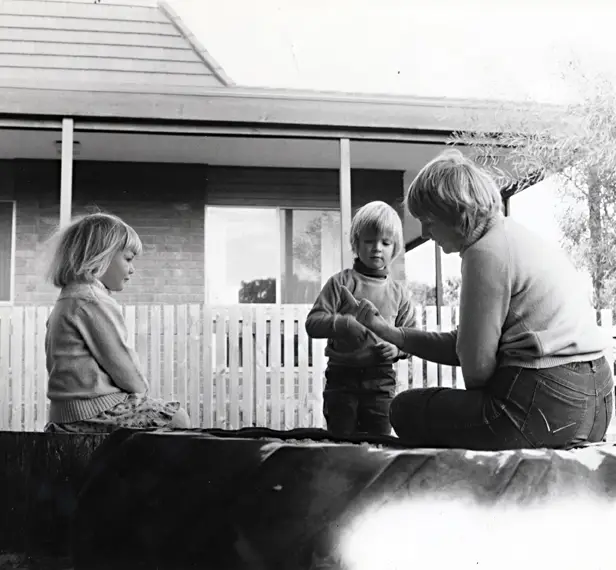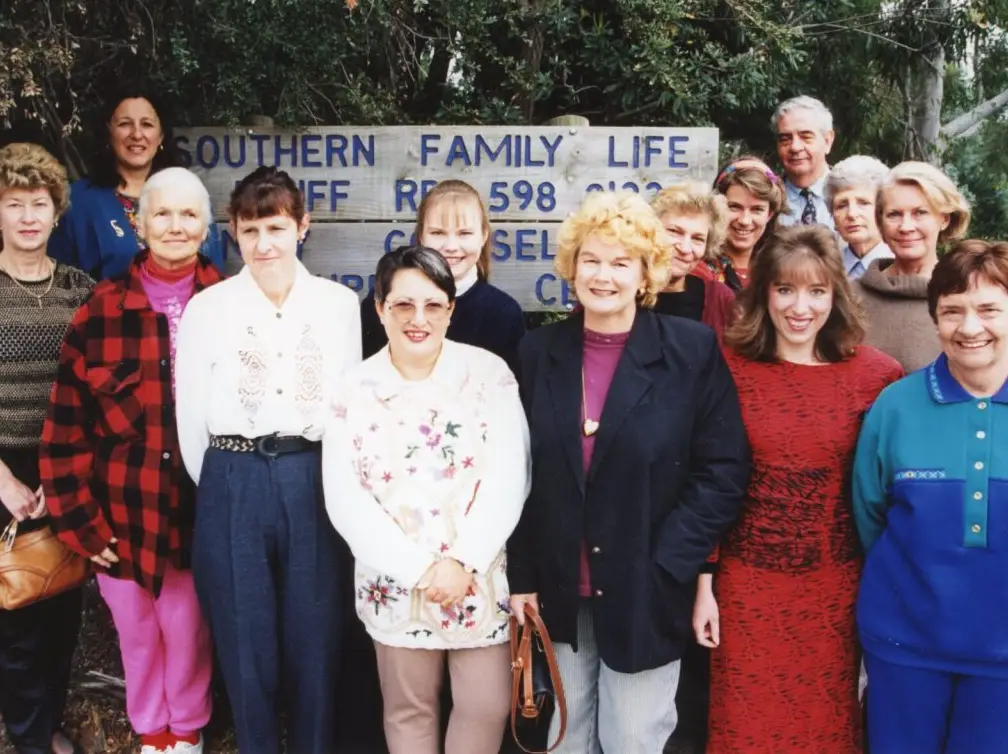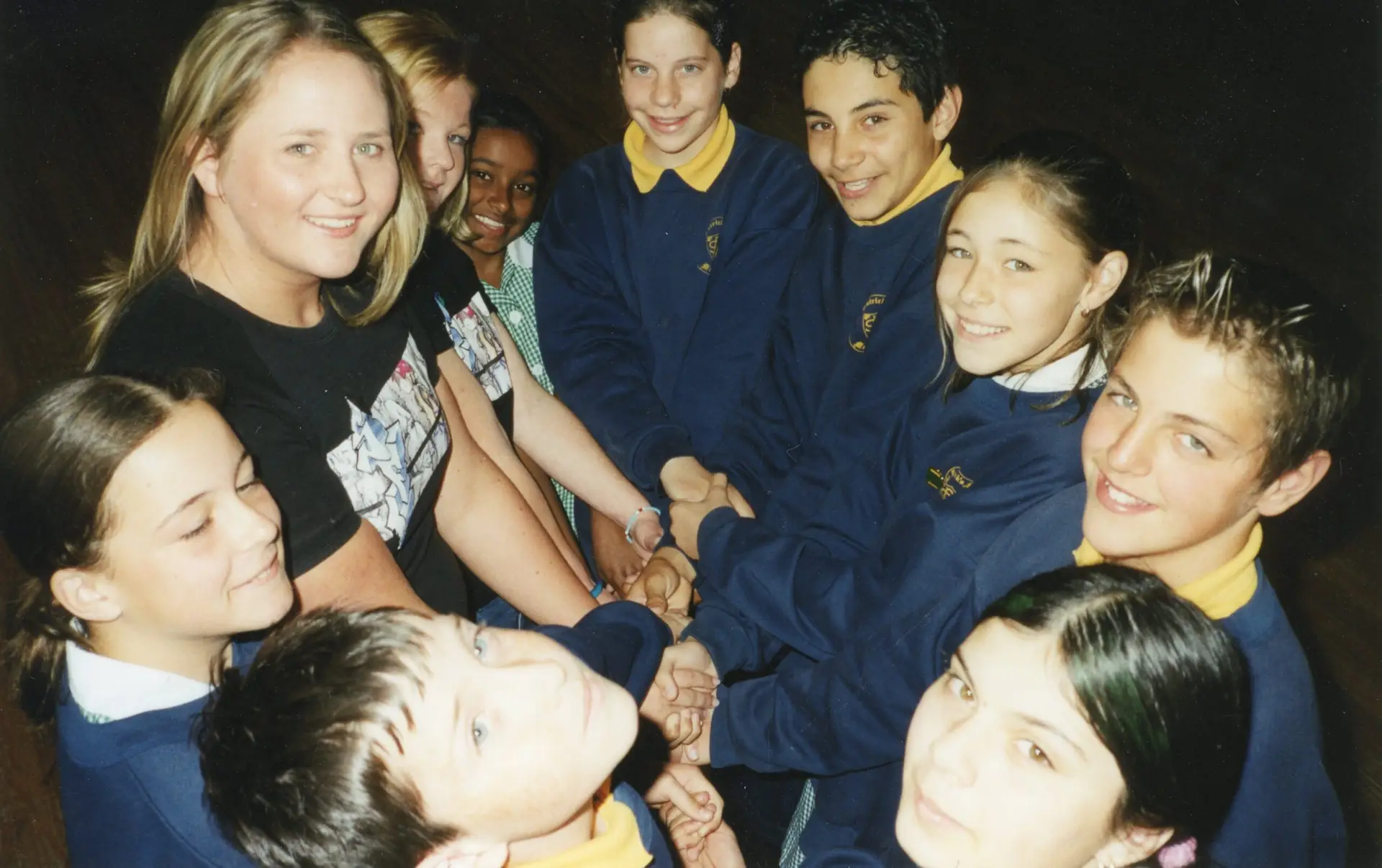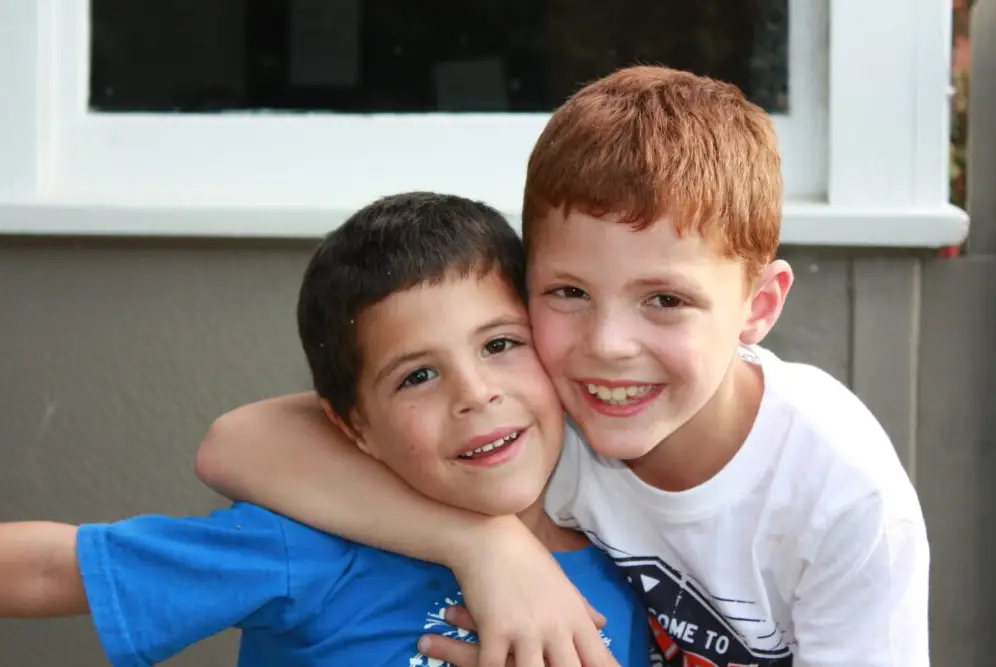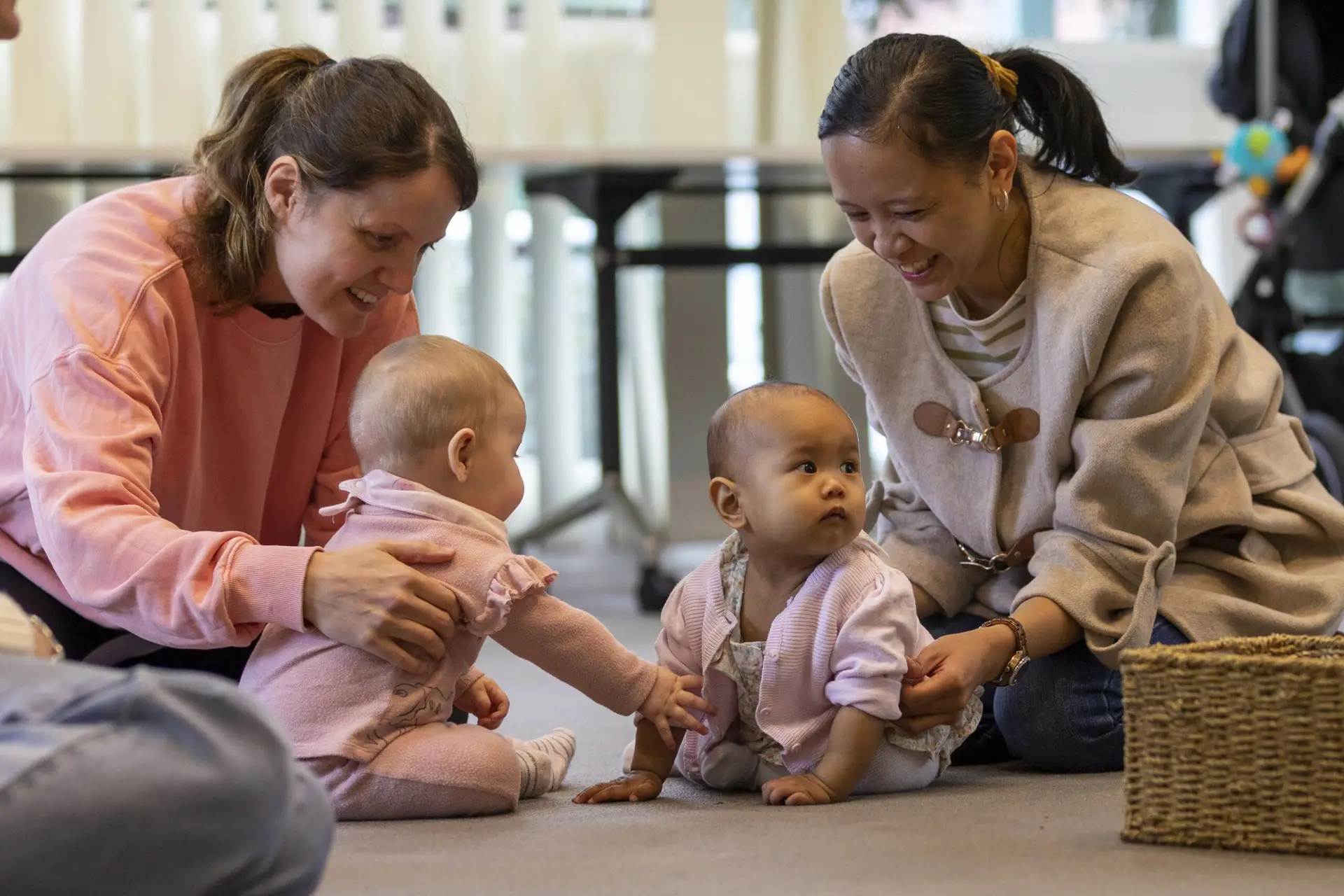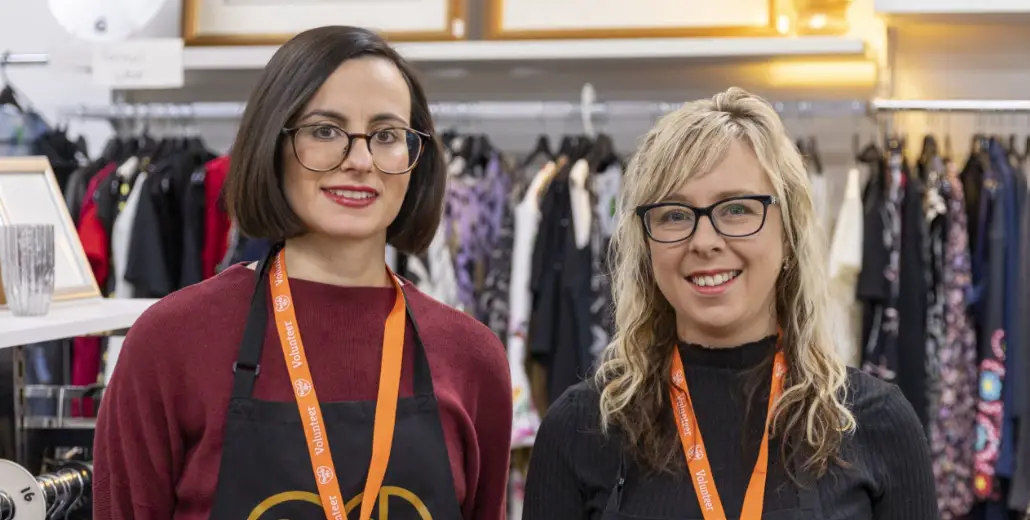
1970s: Planting Seeds of Change
Our journey began with community volunteers and a donated space in Beaumaris. The pioneering family-aid program launched, followed by our first op shop in Black Rock. By 1978, we had grown enough to open our Sandringham office, marking the beginning of a broader community presence.

